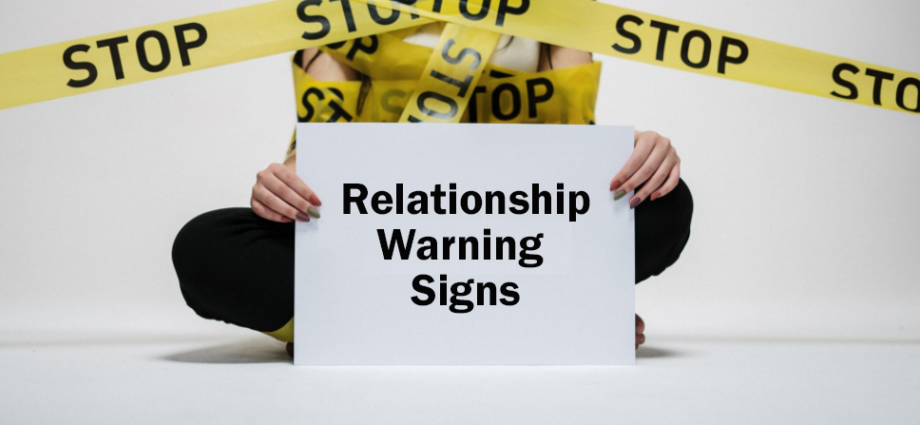|
|
From time to time, all of us have a destructive and irrational side. No matter how old we are, each of us has an immature, selfish and controlling part of our personality that rears its ugly head every so often. Unfortunately, it can show up during a disagreement or heated discussion. These traits may also be accompanied by cruelty and hostility. This dark side can easily help to destroy a relationship.
Review the following warning signs to alert you if your behavior might be contributing to an unhealthy relationship:
You think of your relationship as a competition instead of a partnership. You keep score of the times your partner is out golfing, or socializing with their friends instead of with you, or counting the hours they spend working on their hobby, or on the lawn.
You often use words like “always” and “never” when confronting your partner. “You always come home late from work,” “You never help me put the kids to bed.” Words like “always” and “never” are called absolutes and should be avoided.
You don’t let your partner complete their statement without interrupting during conversations or disagreements. Being impatient is a way you show your dominance over your partner.
Whenever there is a dispute with your partner, you are quick to seek allies to strengthen your side. The logic you use is, the more allies you can assemble the greater your advantage in the dispute.
You like to complain to you partner that you deserve a better life or that life has been unfair to you. This implies that your partner is at fault.
You interject comments like “if you cared about me you would…” or “if you had listened to me this wouldn’t have happened,’ to make your partner feel guilty.
You rarely let the discussion or disagreement end until you hear your partner tell you that you are right.
Your disagreements contain a harsh, angry or bitter tone in your voice marked by occasional shouting matches to win your point.
You devise fake headaches or illnesses or make up alternative plans in order to avoid going to an event or function that your partner has already made plans to attend.
You tend to act very defensively if your partner asks if something is wrong or if something is bothering you.
You become visibly angry or change the subject when the discussion with your partner begins to get close to the real underlying issues that you know is a problem.
You have a constant anger simmering just beneath the surface that can explode with the smallest disagreement you have with your partner.
You feel insecure with any new people your partner wants to invite over for a BBQ or social get-together.
You make a fuss or try to talk your partner out of doing something new and different like going camping, going out to a dance or just going to a park for a picnic.
You feel resentment and bitterness about the life you are currently living and you take it out on your partner.
You tend to just go through the motions of your tired relationship.
You often think or say “it doesn’t matter what I do, nothing is ever going to change” in your relationship.
Even though you have friends and family, you just always feel silently lonely.
You’ve given up talking to your partner like you used to, about where the relationship is going, what your dreams are or what you are passionate about.
Attitude Adjustment
Answering these simple questions may have given you some insight that your relationship is turbulent or, it may only reveal that your behavior isn’t contributing to a healthy relationship. Perhaps just adjusting your attitude is all that is necessary to get your relationship back on the right track.
This report is not a diagnosis. We hope this information can guide you toward improving your life.
Review our Knowledge Base or the links displayed on this page for similar and related topics.

